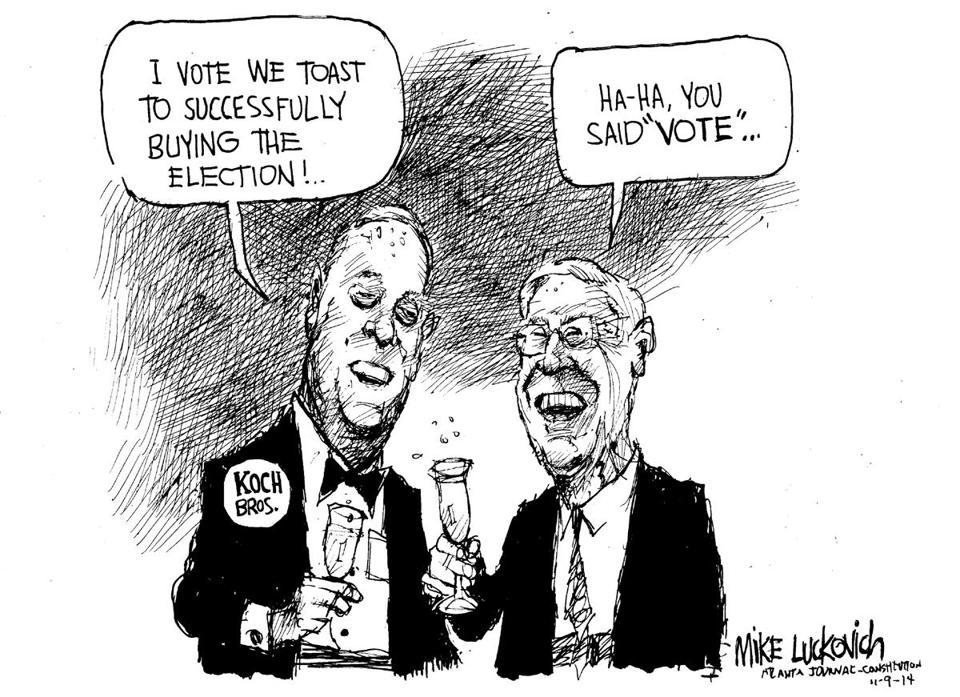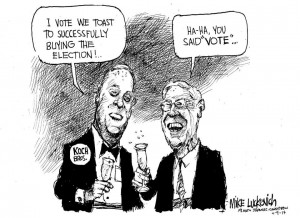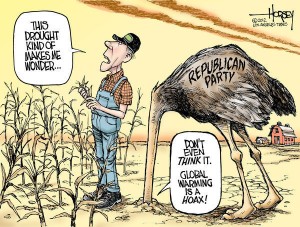The New York Time had an article today titled, Most Americans Support Government Action on Climate Change, Poll Finds. A recent study conducted by both the New York Times and Stanford University shed light on the changing mindset of the American people and perhaps more importantly American Voters. The republican party is notorious for its position of climate change, in fact I wrote a blog post last semester on what the republican domination of the last election meant for government action on climate change… it was not optimistic. So this research came as a happy surprise. Its opening line states, that “An overwhelming majority of the American public, including nearly half of Republicans, support government action to curb global warming… [and] two-thirds of Americans say they are more likely to vote for political candidates who campaign on fighting climate change.” The study also found that the majority of people (and about half of republican voters) would be turned off by a candidate who questioned the science of climate change or called it a hoax.
However, this study begs the question, why are republicans candidates not in line with the views of their consituents? Clearly half of republicans in office do not think government should take action on climate change. Of the 2012 republican presidential candiateds only one publicly acknowledged the science of climate changed and believed it to be “real,” and thought it would be beneficially to have some government policy for emissions reductions. The chair of the senate’s Environmental Committee is a republican by the of James Inhofe that literally wrote of book on climate change denial. Furthermore, the senate approved the Keystone XL Tar Sands Pipeline, pushed by republican leadership despite its dire climate consequences.
Perhaps the answer lies in campaign finance. It is no big secret that big oil companies contribute hefty amounts of campaign funds to politicians with some expectations on how their candidates handle climate change. The article states that, “advocacy groups funded by the billionaire brothers Charles G. and David H. Koch have vowed to ensure that Republican candidates who advocate for climate change action will lose in primary elections.” Perhaps the divide between republicans and democrats is not actually as large as we often perceive, maybe the problem lies in a much broader issue of how we allow large corporations to influence American politics.




